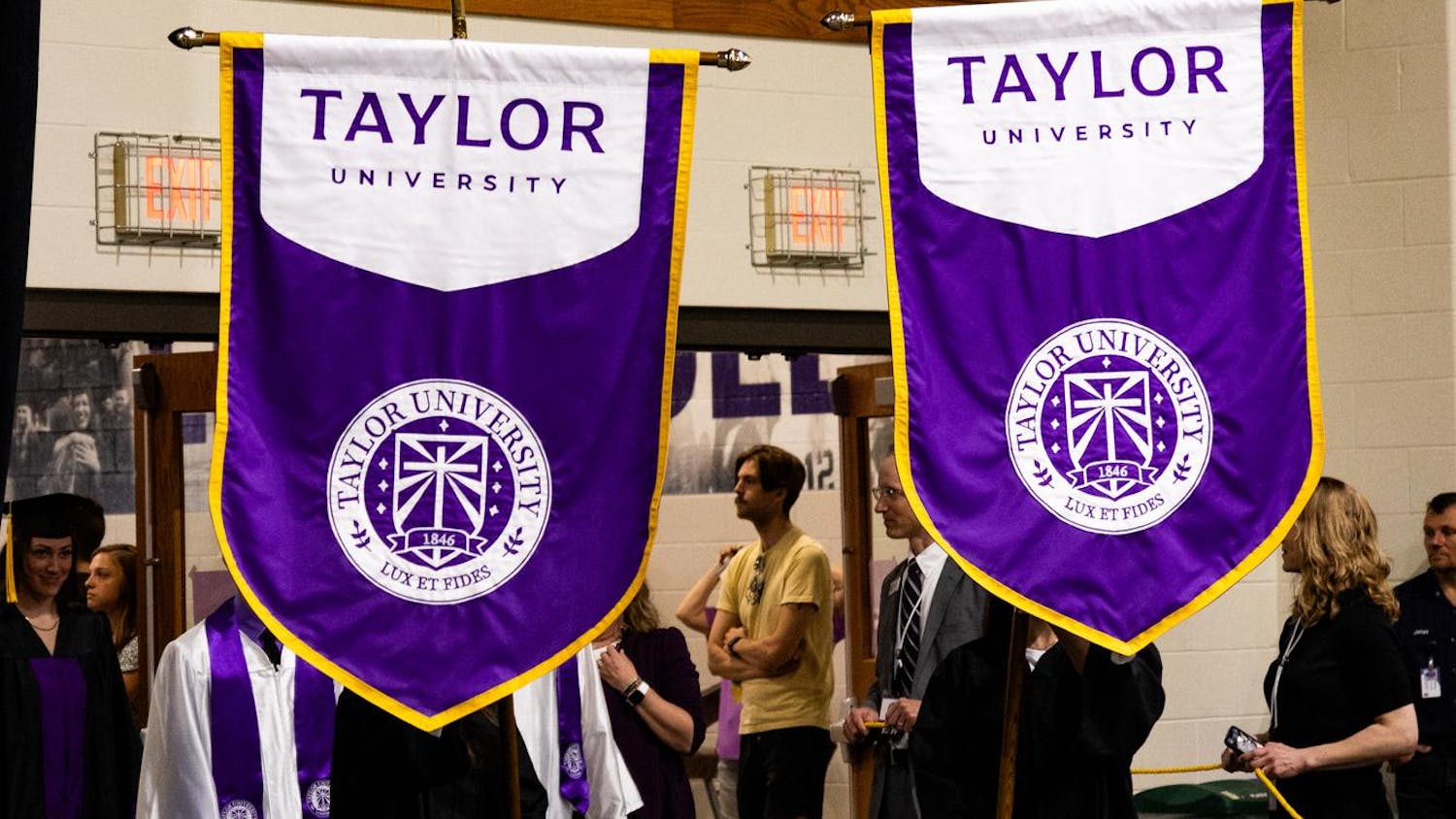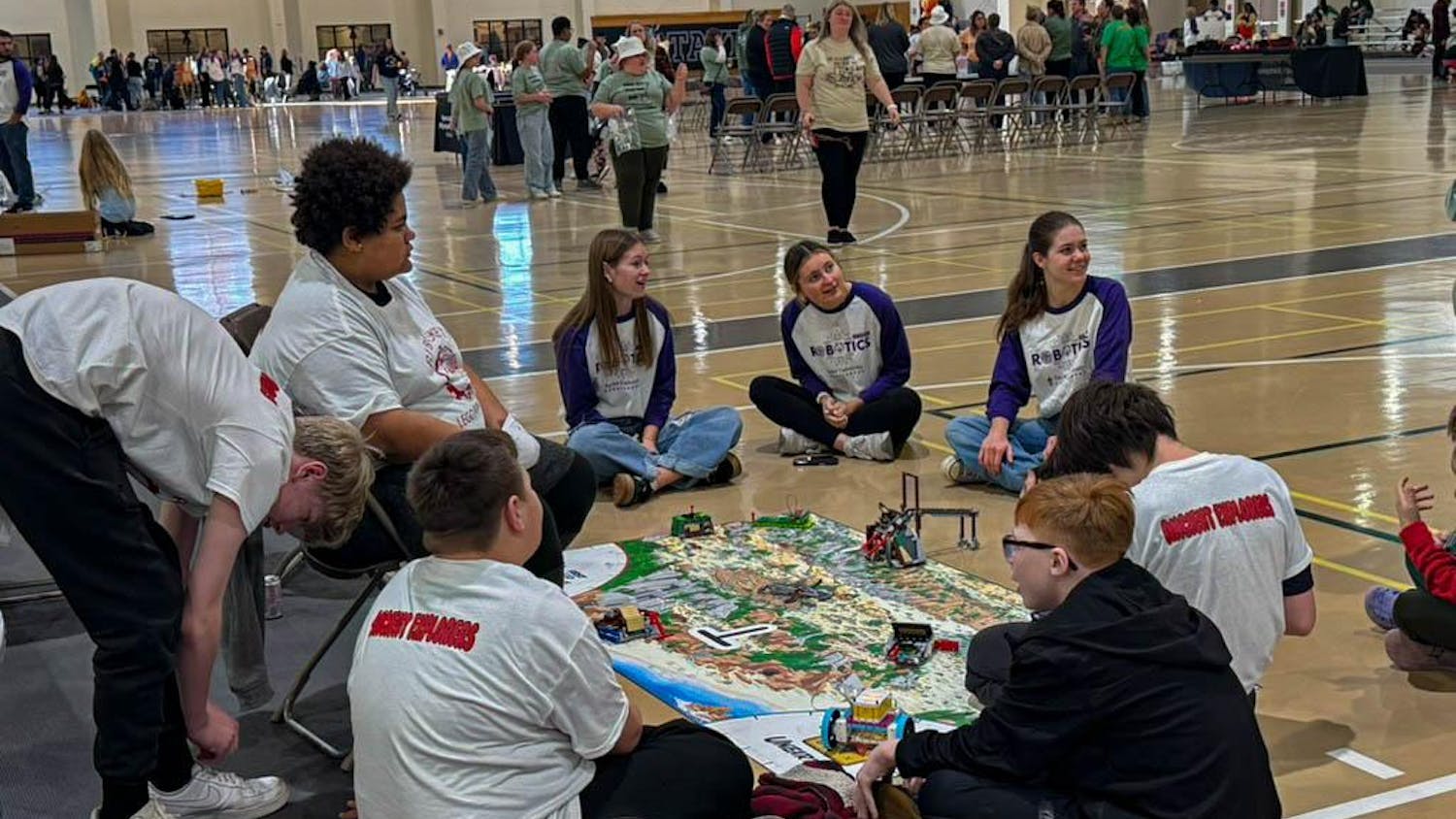 By: Nicole Arpin | Contributor
By: Nicole Arpin | Contributor
A week ago, we heard an old recording of Donald Trump for the first time--and our national consciousness was severely agitated. What was it about that recording that dug under our skin so deeply? We were already familiar with Trump's sexual ethics. I think what we hadn't heard before were his words--specific, vulgar language that made many in the American population feel less than human in his eyes.
Taylor community, I think we have a lesson to learn from Donald Trump. Careless words will cause members of our community to feel excluded. But purposeful words can make our community a more welcoming space.
Last spring, master of words Marilyn Chandler McEntyre visited our campus for National Student Leadership Conference. In her book "Caring for Words in a Culture of Lies," she says, "Like any other life-sustaining resource, language can be depleted, polluted, contaminated, eroded and filled with artificial stimulants. Like any other resource, it needs the protection of those who recognize its value and commit themselves to good stewardship."
At Taylor, we emphasize good stewardship of our relationships, bodies, money and land. Can't we also steward our words?
Our shared language shapes our community. We toss around terms like "the DC," "Foundations," "Handy Andy's" and "the Olson Brick Wall" without a second thought. When we all use the same words--words that make prospectives and parents alike wrinkle their foreheads in confusion--we feel a strong sense of belonging. We feel on the inside of this exclusive group that is the Taylor community.
However, our shared language has implications beyond our own sense of belonging. Also, it deeply affects our perceptions of other people. When we slam our smallest dorms or our most marginalized students with unfair stereotypes, we dig those false biases deeper and deeper into the skin of our community. We stop seeing people as people and begin to dehumanize invaluable parts of our student body.
But when we choose our words carefully, we empower our friends and neighbors. We make members of our community feel safe expressing their ideas and experiences. And in that safe place, we ourselves can be transformed by people unlike ourselves. Our community is not homogeneous. We are different people, and our nuances make us into a fuller picture of the image of God.
We can use our words to understand those we don't understand. We begin to chip away at our subconscious stereotypes when we use our words to ask good questions like, "What's your mom like?" or "What's something you're proud of?" Kind and honest questions will reveal both our differences and our similarities.
In the Sermon on the Mount, Jesus said, "Out of the abundance of the heart, the mouth speaks." What spills out of our mouths as a community--and what does that reflect about the contents of our hearts?



